
Ingredient
Vitamin B1 (thiamine)
The Essential Energy Booster
Vitamin B1 is a water-soluble vitamin that is essential for the proper functioning of the body. It has a white crystalline appearance and a slight yeast-like odor. It is commonly used as a dietary supplement to support energy production and brain function.
Origins and history
Thiamine was first discovered in the 19th century and was identified as a vital nutrient for preventing beriberi, a disease caused by thiamine deficiency. It is naturally found in whole grains, legumes, and meat. Thiamine-rich foods have been a staple in many cultures for centuries, contributing to their overall health and well-being.
Nutritional information
Vitamin B1 is an essential nutrient that supports energy metabolism, brain function, and nerve health. It is involved in converting carbohydrates into energy and plays a crucial role in maintaining a healthy nervous system.
Allergens
There are no known allergens associated with thiamine.
How to select
When selecting a vitamin B1 supplement, look for reputable brands that adhere to quality standards and have undergone third-party testing for purity and potency. For thiamine-rich foods, choose whole grains, legumes, and lean meats that are fresh and free from any signs of spoilage.
Storage recommendations
To maintain the freshness and potency of vitamin B1 supplements, store them in a cool, dry place away from direct sunlight. Thiamine-rich foods should be stored in airtight containers in a cool, dark pantry or refrigerator to prevent nutrient degradation.
How to produce
Vitamin B1 is not typically produced by individuals at home as it is readily available in various food sources and as a dietary supplement.
Preparation tips
Vitamin B1 supplements can be taken orally as directed by a healthcare professional. Thiamine-rich foods can be incorporated into various dishes such as whole grain salads, legume-based soups, or lean meat stir-fries.
Culinary uses
Vitamin B1 is commonly used in the culinary industry as a dietary supplement or fortification in processed foods such as cereals, bread, and pasta. It is also added to energy drinks and nutritional bars to enhance their nutrient content.
Availability
Vitamin B1 is widely available in supplement form and can be found in most pharmacies, health food stores, and online retailers. Thiamine-rich foods are commonly available in grocery stores and supermarkets worldwide.
More ingredients from this category » Browse all
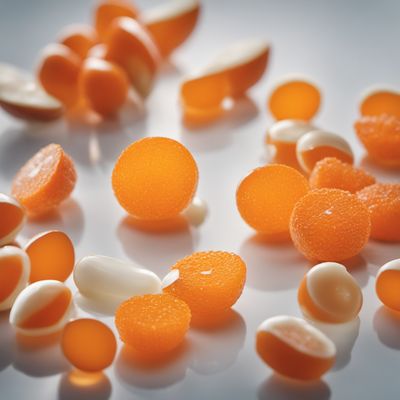
Vitamin A (retinol, carotenoids)
The Vision Booster

Vitamin E (tocopherols, tocotrienols)
The Antioxidant Powerhouse
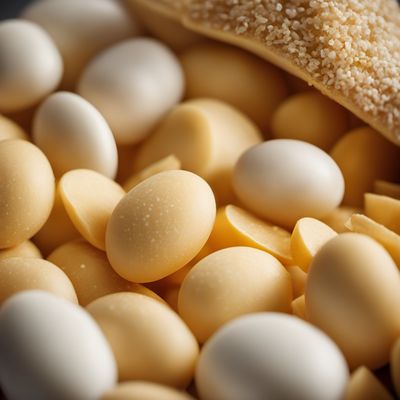
Vitamin B9 (folic acid, folinic acid)
The Essential Nutrient for Cell Growth and Development
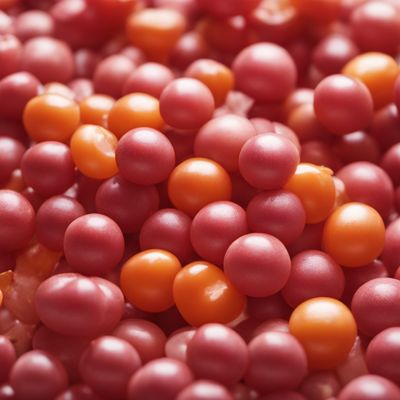
Vitamin B6 (pyridoxine, pyridoxamine, pyridoxal)
The Essential Nutrient Trio: Unveiling the Powers of Vitamin B6
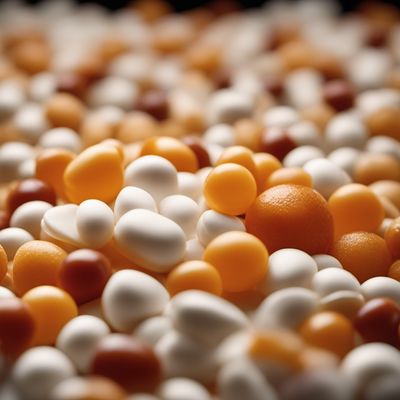
Vitamin B5 (pantothenic acid)
The Essential Nutrient: Unveiling the Power of Vitamin B5
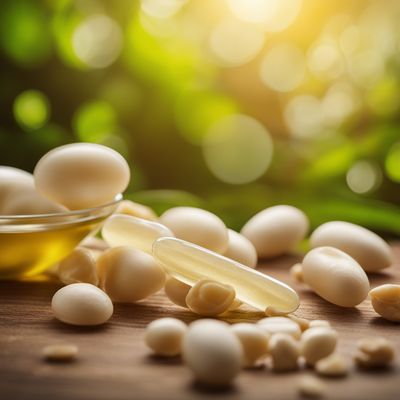
Vitamin B7 (biotin)
The Beauty Vitamin: Unveiling the Wonders of Biotin
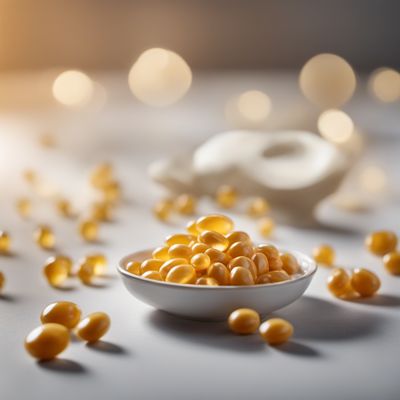
Vitamin D (cholecalciferol, ergocalciferol)
"The Sunshine Vitamin: Unlocking the Power of Vitamin D"

Vitamin K (phylloquinone, menaquinones)
The Mighty Nutrient: Unveiling the Power of Vitamin K
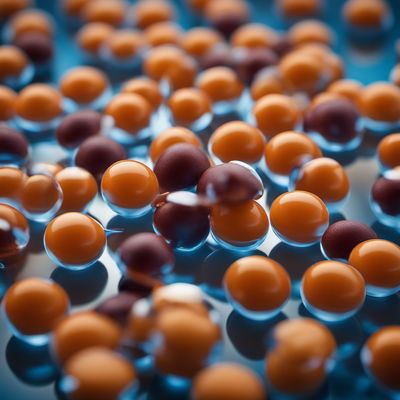
Vitamin B12 (cyanocobalamin, hydroxocobalamin, methylcobalamin)
The Essential Vitamin: Unveiling the Power of B12
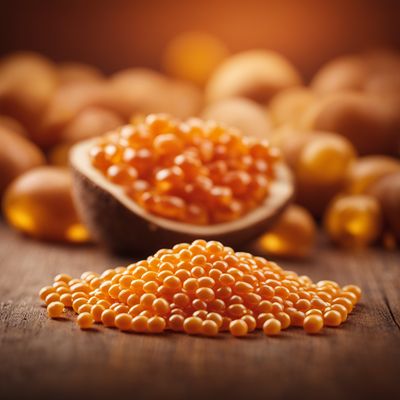
Vitamin B2 (riboflavin)
The Radiant Nutrient
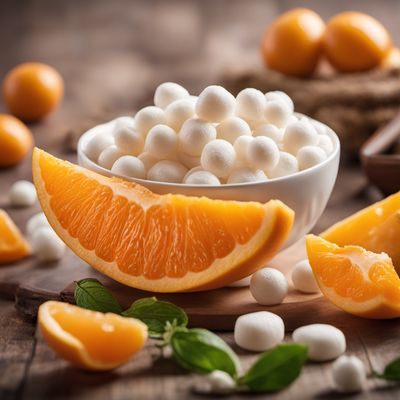
Vitamin C (ascorbic acid)
The Immunity Booster: Unveiling the Power of Vitamin C

Vitamin B3 (niacin, niacinamide)
The Essential Nutrient: Unveiling the Power of Vitamin B3